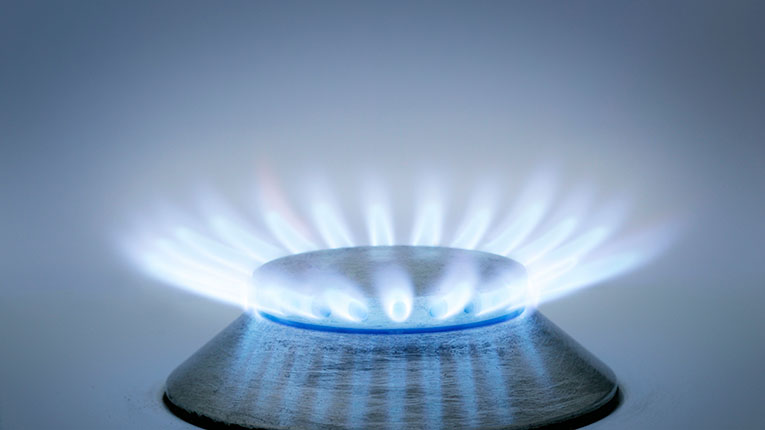Until the victory of Donald Trump, the discussion on gas transit in Ukraine was a simple one, the current Russian gas transit agreement will not be extended, but Russian gas molecules will transit Ukraine, as a result of a transport contract that will be signed with Azerbaijan and the swap of Azerbaijani gas with Russian gas. Ukraine has not confirmed this deal, presumably to put pressure on the EU for military talks. The maintenance of this uncertainty was one of the causes that determined the increase in gas prices on the Dutch stock exchange by 21% in the last 3 months, claims Dumitru Chisăliță, president of the Intelligent Energy Association (AEI).
After Donald Trump’s victory was clear, the European Union showed it was considering options to appease Donald Trump on his return to the White House, who is preparing to impose tough tariffs. Trump warned that the EU will have to pay a “higher price” for not buying enough American exports. In this sense, the EU could import more LNG from the US to reduce the trade deficit that worries Trump.
Thus, these additional gases that could reach the EU from the USA are the ones that can replace the gases that will no longer come from the Russian Federation, via Ukraine. Thus, Ukraine’s position to oppose the extension of the transit contract in Ukraine can be used by the EU to improve relations with the US. The possible sacrifice of Ukraine by the EU comes along the corridor where it is assumed that the USA will no longer support it anyway after Donald Trump reaches the White House.
The stoppage of gas transit through Ukraine creates energy security risk and a possible price escalation looming over the EU, in the absence of obtaining other sources of gas.
This situation will increase Europe’s dependence on gas supplies from a single country, to a level that has never existed before in Europe, about 60% (the EU’s dependence on Russian gas was at a level of 40%).
We need to understand the context in which this movement comes.
The LNG glut looming this winter shows that US LNG producers face significant financial risks, as they risk selling LNG at prices too low to ensure an economic return on their investment.
Natural gas prices in the US market have fallen in recent days, marking the first time in history since the start of the heating season that gas prices have fallen in the US. In fact such low levels of the spot price on Henry Hub have not existed since 1993.
The increase in demand for liquefied natural gas (LNG) in the main importing regions of Asia and Europe was not enough to trigger an increase in spot prices, which continue to hold relatively flat. Thus, the spot LNG price for delivery to North Asia decreased from $17.00/MMBTU to $16.5/MMBTU between November 3 – 15, 2024. It should be noted that the price has decreased for three consecutive weeks, but it is still higher than the recent low of $13.50/MMBTU dated October 6, 2024.
However, prices have so far failed to reach the usual seasonal increase as demand remains relatively tight and supply is in excess, particularly from the United States.
Japan, the world’s largest LNG importer, is expected to import the same amount of natural gas in November 2024 as in October 2024, down slightly from November last year.
India, Asia’s fourth-largest LNG buyer, is expected to import less LNG in November 2024 than in October 2024. India is a price-sensitive buyer, and the increase in the spot price from early October 2024 to a high of $17.90/MMBTU most likely dampened appetite for India’s spot commodities.
A colder-than-usual winter may deplete Europe’s supplies, but even in this scenario it is unlikely that Europe will need to demand additional LNG until February 2025. That, only if the EU’s gas supply through Ukraine is holding on.
In this context, the sacrifice of Ukraine, which unjustifiably prolonged the signing of the gas transit contract with Azerbaijan, probably to obtain military advantages from the EU, represents an important signal that can be given to the new American administration, to increase gas exports and even bailing out some US LNG producers, all to convince the incoming US president not to raise tariffs for Europe.
The haste with which, in the last week, two of the 5 countries that imported gas from the Russian Federation via Ukraine, Slovakia and Austria, declared that they will no longer import gas via Ukraine, reinforces the hypothesis expressed above.
Gas imports from the US will come at higher prices than gas imported from the Russian Federation, but will likely save the collapse of some EU industries that would reduce their exports of products to the US if higher tariffs were imposed on products from the EU. The same imports have the possibility to reduce the price increase trends on the gas market, concludes the president of AEI.
